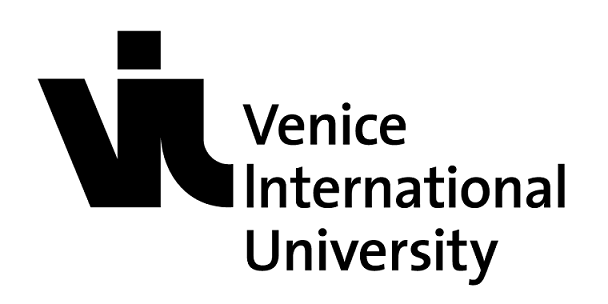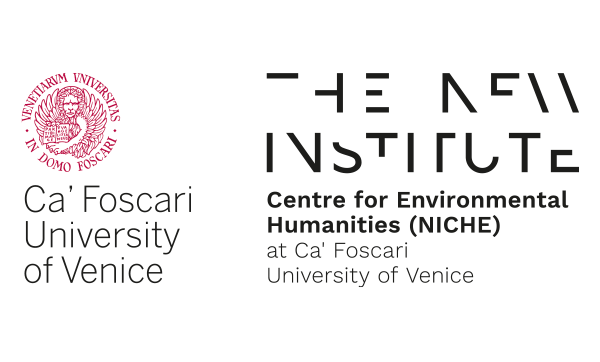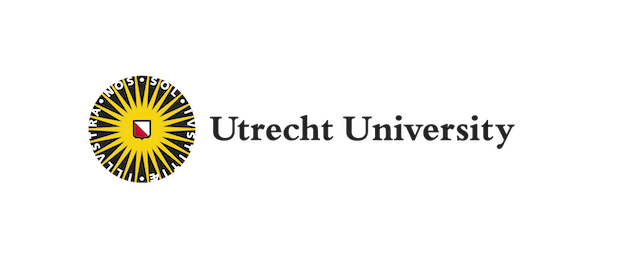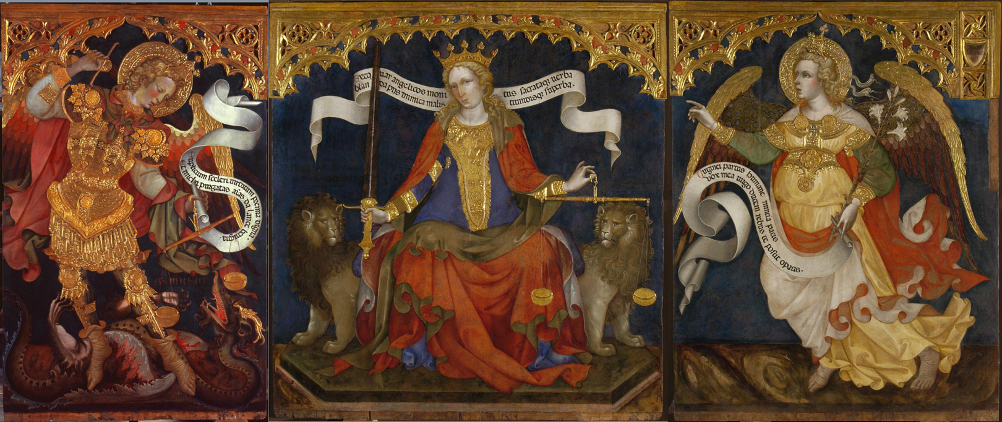VIU will hold the third (limited) edition of the Venice World Multidisciplinary Conference on Republics and Republicanism on May 27-28, 2022. This two-day edition will include research papers and an artistic performance. Research papers will reflect the main themes of the 59th International Art Exhibition of the Venice Bienniale: the representation of bodies and their metamorphoses; the relationship between individuals and technologies; the connection between bodies and the Earth. The exhibition's title The Milk of Dreamstakes its name from a book by Surrealist artist Leonora Carrington (1917-2011).
The conference call involved two main areas:
- art and revolution (visual and performative art as agent of change; the artistic representation of res publica historically, whether it was forged, consolidated or transformed with the help of the arts, or on whether arts right now is one of the main forces contributing to the flourishing of res publica as a mode of life)
- body politics and the earth (green and eco-republicanism; environmental humanities to save the planet; the technologies of res publica as a political body; feminism and republicanism)
Download the program of the conference
Keynotes
- Serge Audier, Sorbonne Université Paris, On Eco-Republican Liberty
- Vittorio Longhi, writer and journalist, The African Descendent, an "Invisible Man" in the Media
- Ananya Vajpeyi, Centre for the Study of Developing Societies, New Delhi, India's Second Republic
THE AIM OF THE CONFERENCE SERIES
The aim is to meet every two years to discuss Republicanism in a broad, multidisciplinary and worldwide perspective.
During recent decades, Republicanism has become a central concern in political theory and history. This body of thought emerged as the main alternative to Liberalism, when Marxism lost this role after the fall of the Berlin Wall. There is a renewed interest today, while searching for solutions to mounting populism and personalization of power; the issue of inequality and the crisis of democracies. Republicanism - as a study of classical Athens and Rome and then Renaissance Florence, Venice and other self-governing units - has been branded as ‘a shared European heritage'. Its distinguishing feature has been to focus on the diverse political mechanisms to avert tyranny, on balancing power and attaining mixed government, and on ensuring forms of participation in the process of law-making, protecting from constraints and conceiving liberty as non-domination. Such practices have been key for experiments in democratic rule all over the world.
The conference wants to promote further theoretical and historical reflections on such experience, broadening the focus to non-European case-studies and perspectives, to late modern and contemporary times, opening to every possible discipline. Republicanism is not a dead body confined to the studies of the past: rather it is about rediscovering the past to offer novel solutions for the problems of today. The idea, hence, is to convert it into a frame in which to discuss and clarify contemporary issues and concerns and even, if possible, into a common background theory for existing empirical political practices, including eco- democracy, participatory budgets, the defense of the commons and public space, communal practices and rights, and resistance to domination.
Scholars from all disciplines, from the Venice International University consortium and beyond, are invited to join in. The aim is to consolidate a network of people interested in the project. The objective is to have biennial conferences in the field and convert this event into a permanent workshop.
A WORLDWIDE AND MULTIDISCIPLINARY PERSPECTIVE
The main groups of themes we wish to cover:
1) Political theory and philosophy of Republicanism. This is an area of contributions which is most conceptual. It has to do with meta-historical considerations. Its main concern would be to define what the republican tradition is all about, and what are the republican aims and forms of life. If a coherent theory of republicanism is possible, then how does it differentiate itself from its rivals (including populism and liberalism)? Are there different regional or national models of the classical republican tradition? This section could include also issues like Feminism and Republicanism, and a discussion of Republican theory of private property/ownership and the commons.
2) The historical manifestations of Republicanism in ideas, movements, regimes, urban spaces, and the arts. This includes all the approaches which involve rigorous historicization and historical circumscribing: from Greek and Roman Republicanism to the Italian Republics in the Middle Ages and the Venetian, Florentine and Genoese polities and then on to the Dutch and English revolutions; free cities in medieval and early modern Europe – from the Hansa experience to Ragusa; from the American founding fathers and the generation before them to the French revolution and the French and Italian 19th century versions of Republicanism. The US context could be also crucial to understand how republicanism transformed itself into populism. Art forms of Republicanism fall in this area too; including Republican rituals in specific time and place; and manifestations of Republicanism in literature too. A major target is to consider also the manifestation of Republican forms and values in Asia and other parts of the world in specific periods.
3) The study of contemporary political practices which are explicitly or implicitly republican and their future prospects. This area could include both institutional and social practices from below. It could include the study of EU as manifestation of a republic in making. It could involve the study of eco-republicanism, participatory budgeting, citizens assemblies, participatory planning, welfare and work-
places, forms of co-management, urban and other commons, movements for the defense of public water, of internet accessibility, of a public space, practices in contemporary arts.
More on the theme of the Venice Biennale International Art Exhibition:
https://www.labiennale.org/en/news/biennale-arte-2022-milk-dreams-il-latte-dei-sogni
For the program of the 2021 edition, which took place virtually, please see
https://www.univiu.org/images/conferences/Republicanism_2021_Program_.pdf
For the 2019 edition program and photogallery please
see http://www.univiu.org/images/conferences/Republics-and-Republicanism---Program.pdf,
and https://www.flickr.com/photos/univiu/sets/72157705097364022
Organizing Committee
Shaul Bassi (Ca' Foscari University of Venice), Oleg Kharkhordin (European University at St. Petersburg), Luca Pes (Venice International University), Camila Vergara (University of Cambridge), Giovanni Zanalda (Duke University)
Advisory Board
Elisabeth Crouzet-Pavan (Sorbonne Université, Paris), Cécile Laborde (Oxford University), John Jeffries Martin (Duke University), Quentin Skinner (Queen Mary University of London), Ananya Vajpeyi (Centre for the Study of Developing Societies, New Delhi)
For any further information please contact luca.pes@univiu.org

![]()
![]()

![]()


 Jacobello del Fiore, Justice enthroned between the archangels Michael and Gabriel, 1421, originally in the Ducal Palace, now exhibited at Gallerie dell'Accademia
Jacobello del Fiore, Justice enthroned between the archangels Michael and Gabriel, 1421, originally in the Ducal Palace, now exhibited at Gallerie dell'Accademia 



















